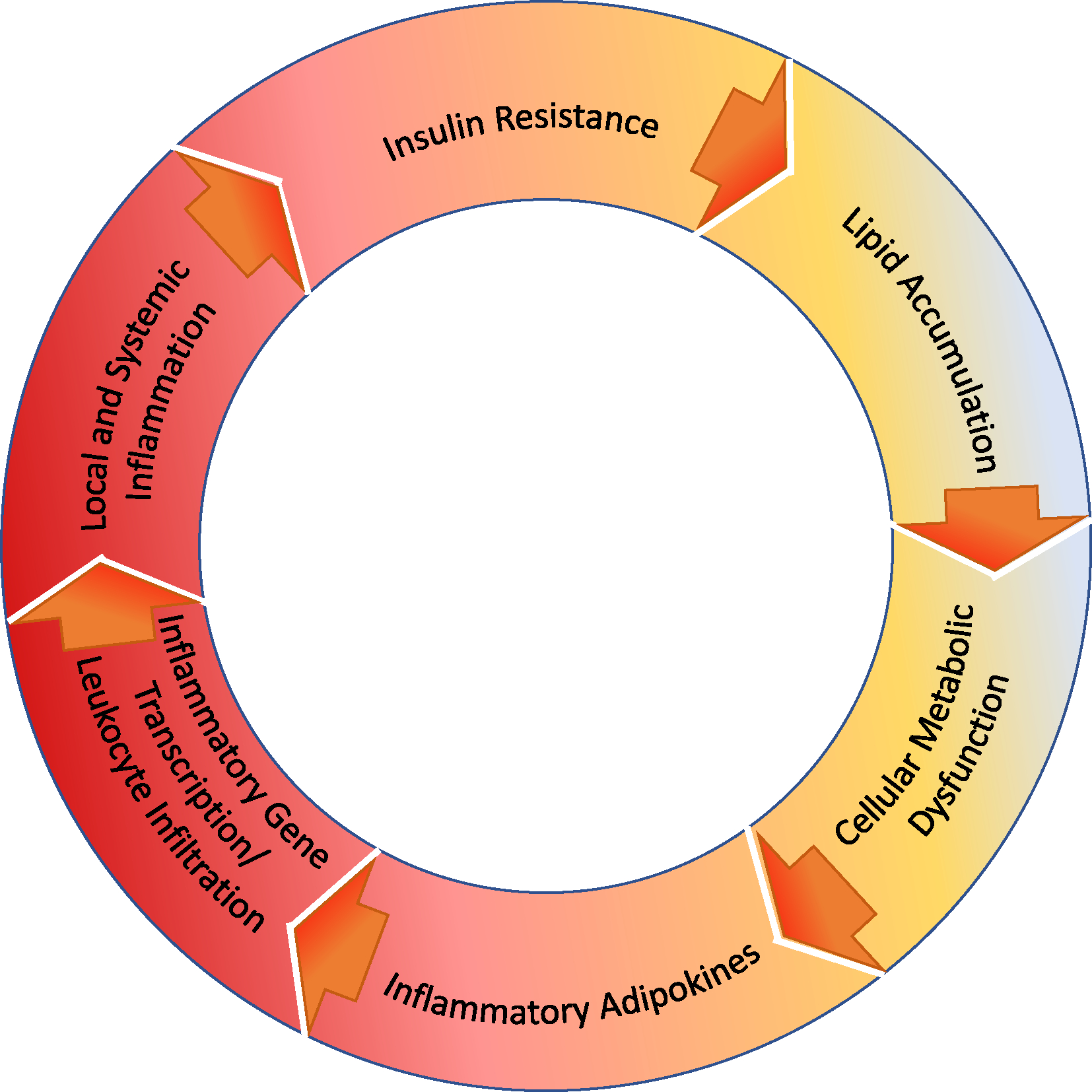Figure 2: Obesity-related tissue dysfunction.

Obesity-associated lipid accumulation overwhelms lipid metabolic pathways. This dysfunction appears to promote endoplasmic reticulum and mitochondrial dysfunction and increase reactive oxidative species as well as FFA and FFA intermediates, such as ceramide. FFA intermediates activate various pro-inflammatory kinases resulting in pro-inflammatory adipokines and immune cell (macrophage, TH1) infiltration. FFA intermediates and the resulting inflammatory milieu also result in NF-κB activation and altered gene transcription. These changes also have direct and indirect effects on insulin signaling, such as through alterations in insulin receptor phosphorylation and function, and result in tissue injury, particularly in the case of ectopic fat accumulation in the liver and vascular structures. These numerous changes may all contribute to local and systemic inflammation.
